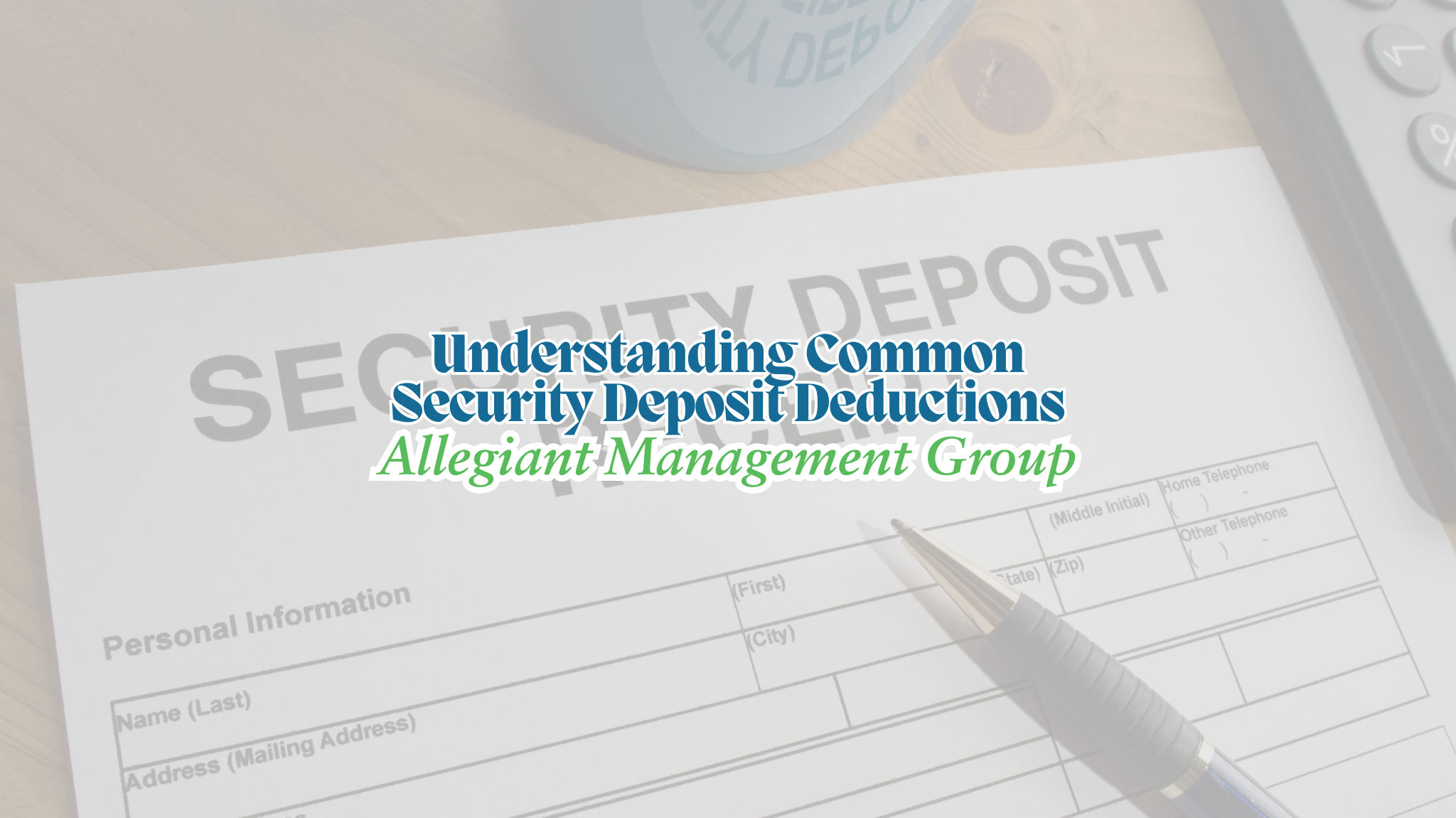Blog Updated: 04/19/2025
Common Reasons for Security Deposit Deductions

Navigating the legal side of property ownership can feel overwhelming. One rental issue that often causes confusion is security deposit deductions.
As a property owner or real estate agent, understanding these deductions is essential. It helps prevent disagreements and ensures a smooth rental experience.
This article clarifies exactly what security deposit deductions are, why they happen, and how to handle them correctly.
We’ll also cover key legal considerations, including state-specific laws and tips to avoid disputes.
By the end of this article, you’ll clearly understand security deposit deductions. This knowledge will help you manage properties efficiently and communicate clearly with tenants and clients.
The Basics of Security Deposits
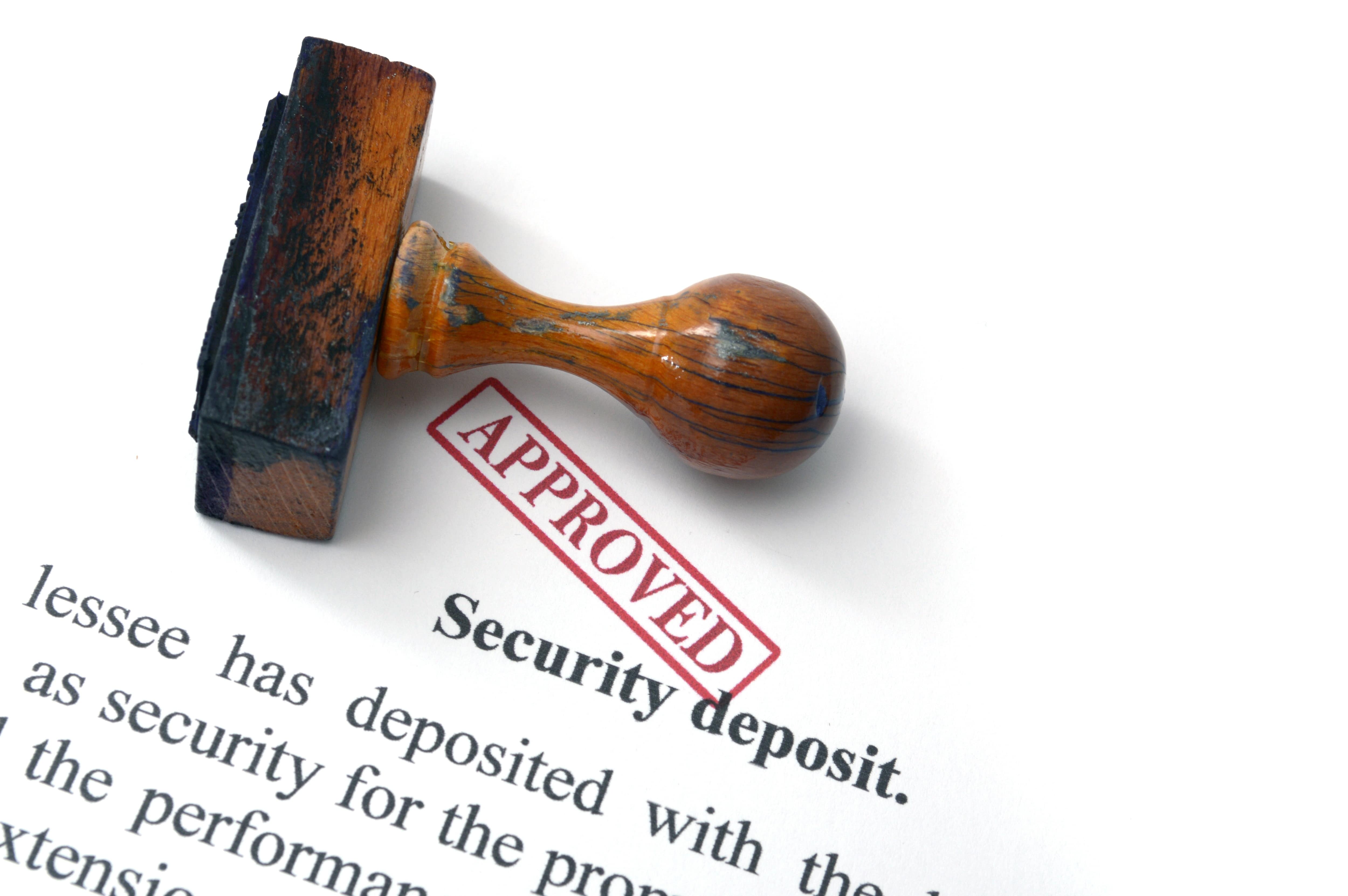
Security deposits are a fundamental part of rental agreements. They serve as a financial assurance for landlords while providing tenants peace of mind regarding their tenancy. Understanding the basics of how they work is essential for both property owners and real estate agents.
The amount needed for a security deposit can differ. It usually depends on state laws and the type of rental property. Typically, they cover any potential damages beyond normal wear and tear, unpaid rent, or breaches of the lease agreement.
Here's what a security deposit generally covers:
- Property damage to the rental unit
- Unpaid rent payments
- Cleaning costs exceeding standard cleaning
- Lost items such as keys
However, there are clear limitations on what landlords can deduct. Understanding these limitations helps maintain a fair and transparent relationship with tenants.
Clear documentation from the outset is crucial. Always inform tenants upfront about expectations regarding the property's condition and the return of the deposit.
By setting clear guidelines, property owners can reduce the likelihood of disputes. This proactive approach strengthens the landlord-tenant relationship.
Acceptable Reasons for Deductions

Landlords have specific rights regarding deposit deductions. Rental property deductions occur when issues arise during or after a tenancy. Knowing common deduction reasons helps landlords and tenants avoid disputes.
deductions are primarily for:
- Unpaid rent
- Damages beyond normal wear
- Unreported maintenance and repairs
- Excessive cleaning
- Lost keys or items
Normal wear and tear reflect minor deterioration over time. They do not warrant deductions. Damage, however, involves negligent actions causing property harm.
Unpaid rent and outstanding fees also justify security deposit use. Landlords can use deposits to recover missed payments or late fees.
Cleaning costs that surpass standard expectations are valid deductions. If you leave the property much dirtier than you received it, charges apply.
Failure to return all keys or rental items will lead to deductions. This ensures landlords can secure the property after tenants leave.
Knowing what constitutes damage prevents unreasonable deductions.
Normal Wear and Tear vs. Damage
It’s important to know the difference between normal wear and tear and actual damage.
- Normal wear and tear: Minor scuffs, faded paint, or light carpet wear from everyday use.
- Damage: Avoidable issues like holes in walls, broken fixtures, or large stains.
Always compare move-in and move-out conditions using checklists and photos. Good documentation protects both landlords and tenants and helps justify fair deductions.
Unpaid Rent and Late Fees
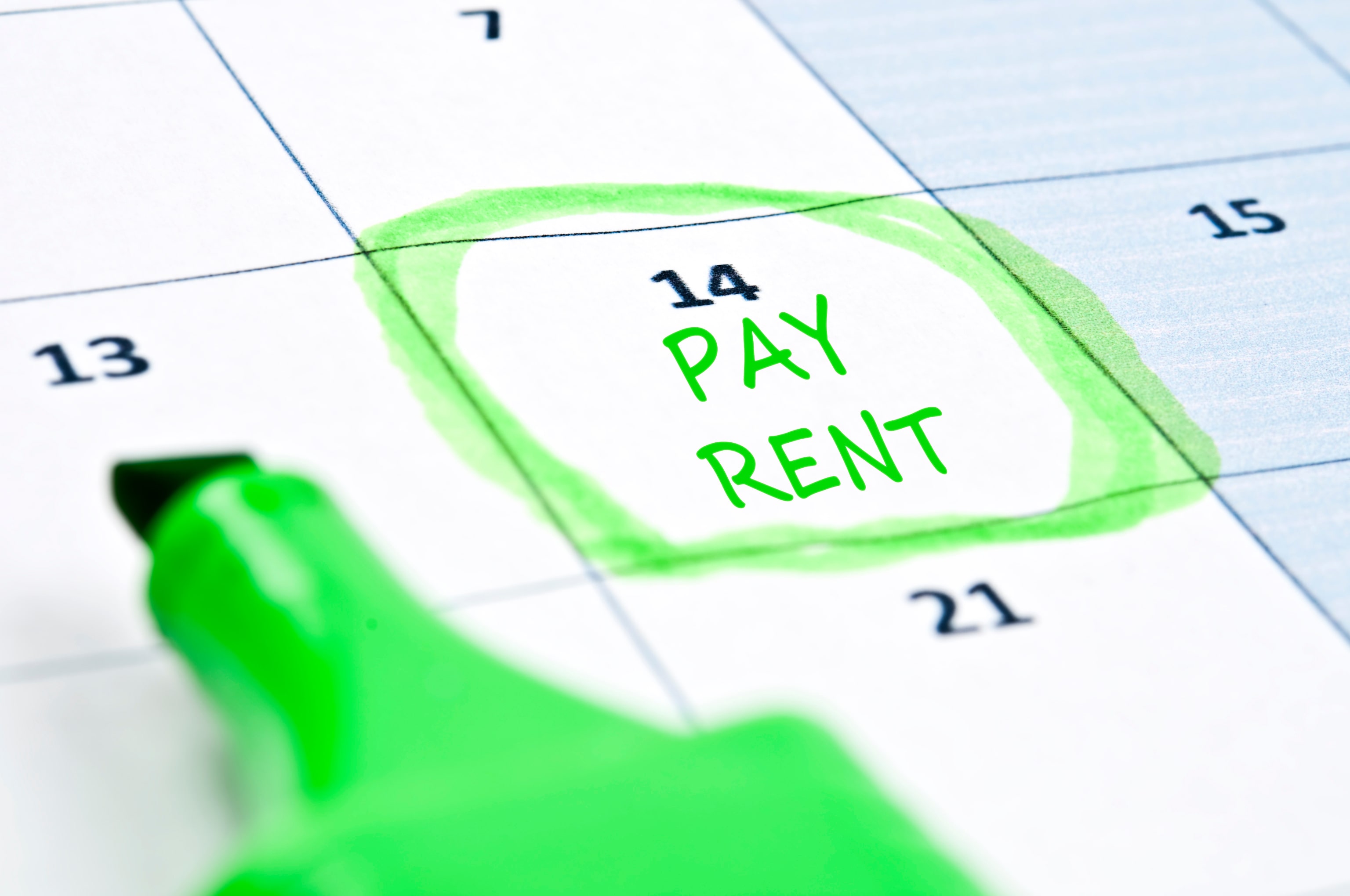
If tenants don’t pay rent, landlords can use the security deposit to cover these costs, as the lease agreement outlines.
Late fees apply when tenants pay rent late, and landlords can deduct these fees from the security deposit.
Clear communication and timely reminders help tenants understand their obligations, reducing confusion and potential disputes.
Cleaning and Repair Costs
Landlords can deduct cleaning costs if the property is left excessively dirty. This includes significant dirt buildup, trash, or messes beyond normal use.
It’s the landlord’s responsibility to provide a clean home at move-in, setting clear expectations for how it should be returned.
Repair charges should only apply to tenant-caused damage, such as broken fixtures or missing items.
When using professional services, always keep receipts to document deductions. Provide tenants with a clear explanation of charges—transparency helps build trust and reduces disputes.
Legal Considerations and State-Specific Rules
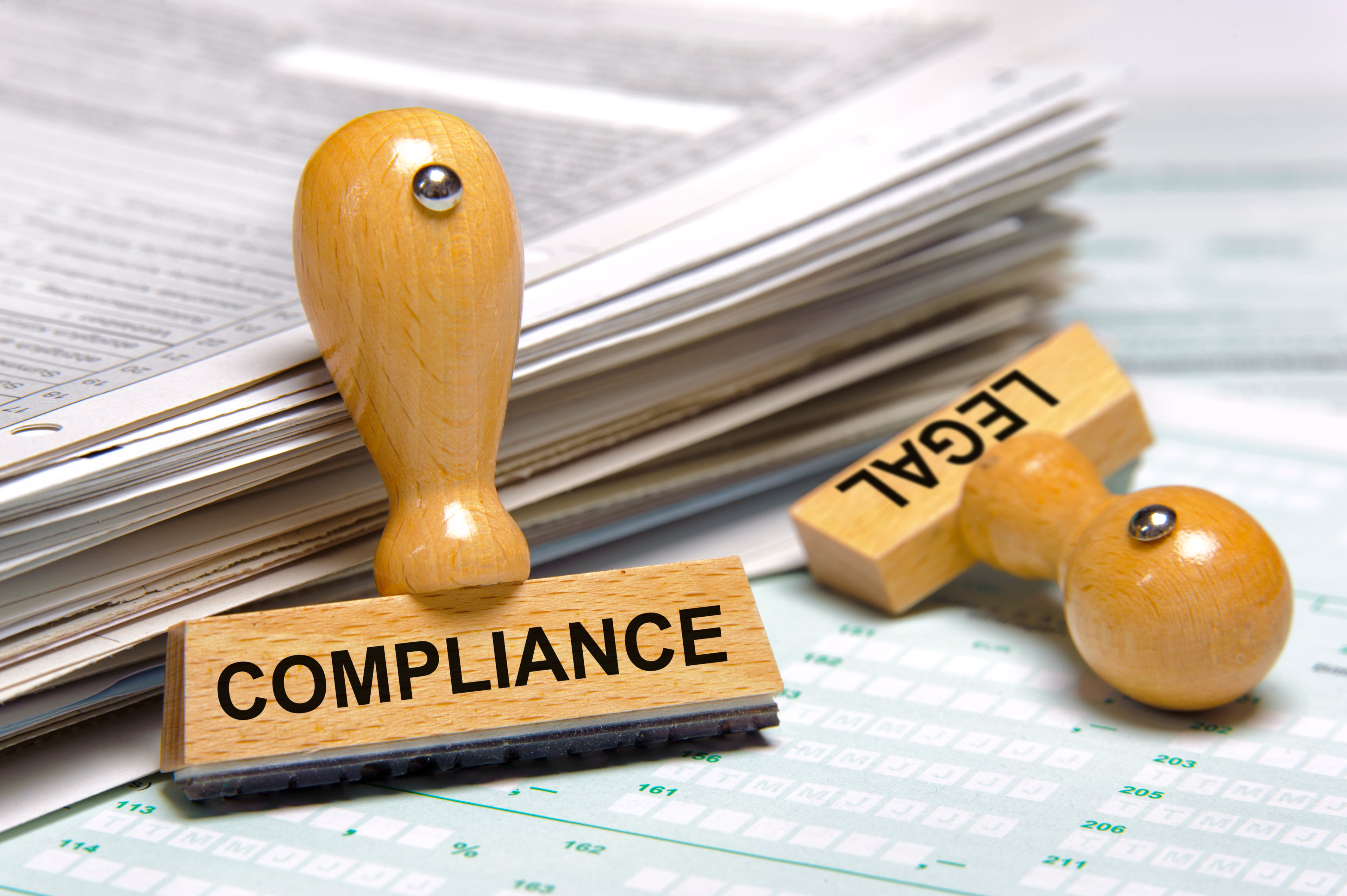
Navigating security deposit rules requires understanding the law. Each state has unique guidelines that govern security deposits. Following these helps landlords remain compliant and avoid legal issues.
The laws cover several key areas:
- Maximum deposit amounts
- Time frames for returning deposits
- Acceptable deduction reasons
Security deposit limits vary widely. Certain states limit deposits to one or two months' rent. Familiarize yourself with local regulations to ensure compliance.
Return deadlines are just as critical. Landlords must return deposits within a legally defined period. This period ranges from two weeks to a month in most places.
Law specifies acceptable reasons for deductions. Unjustified deductions can lead to disputes or fines. Adhering to these rules protects both parties' interests.
Security Deposit Limits and Return Deadlines
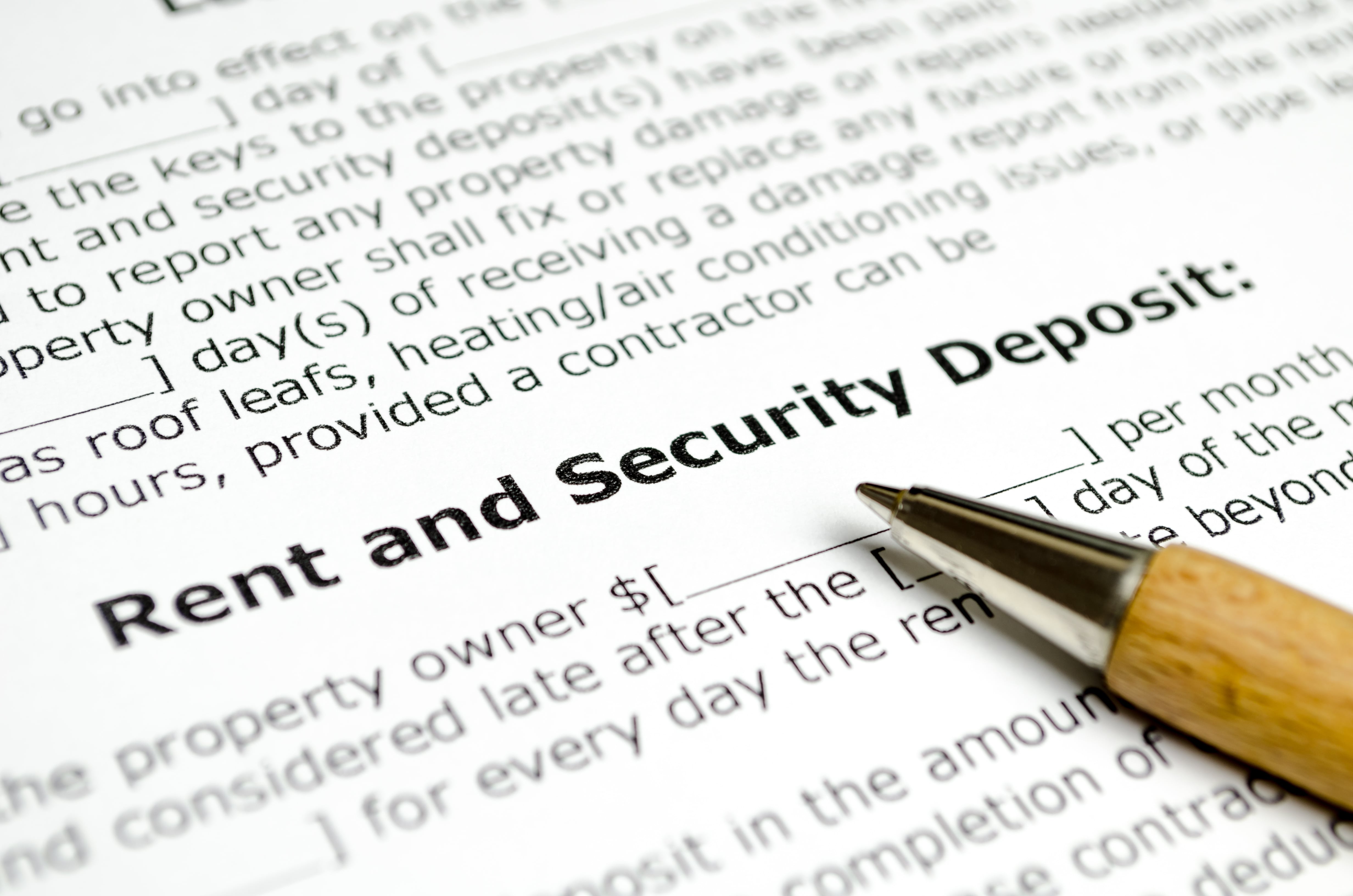
Understanding state-specific security deposit limits is essential. Limits often depend on local laws and housing ordinances. Exceeding the maximum deposit can result in penalties.
Equally important are deadlines for deposit returns. Many states require returning deposits within 30 days. Missing these deadlines might incur additional liabilities.
Proactive landlords mark these time frames on calendars. This ensures punctual returns and good tenant relations.
Documentation and Receipts
Documentation is key for legitimate deductions. Landlords should keep detailed records of all transactions. These include invoices for repairs and cleaning services.
Providing copies of these receipts to tenants builds trust. Transparency in financial dealings minimizes disputes.
Photos and videos serve as valuable documentation tools. Visual evidence enhances clarity in contentious situations.
Avoiding and Resolving Security Deposit Disputes
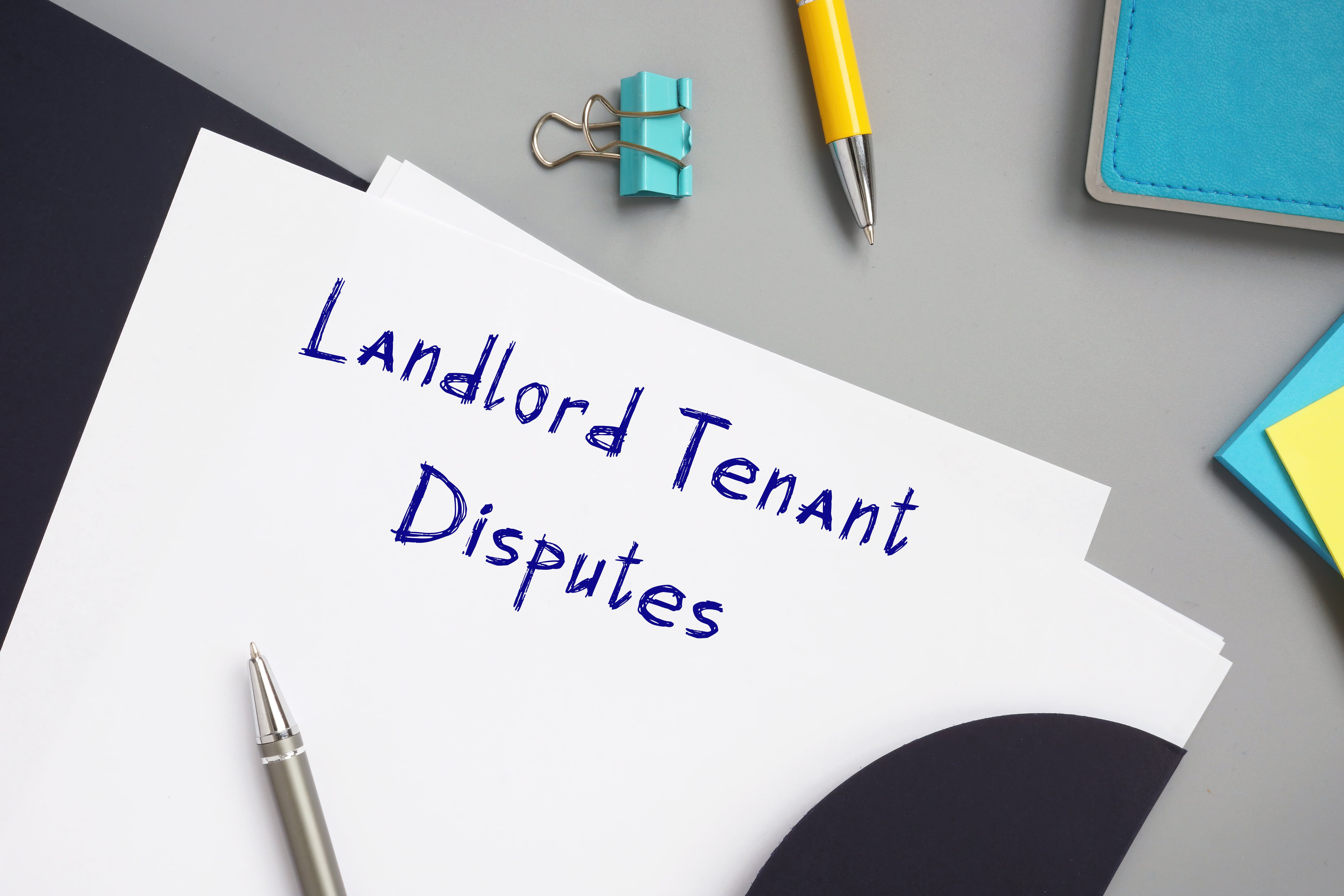
Disputes over security deposits are common. However, proactive measures can often help avoid them. One key is thorough communication with tenants from the start.
Begin by providing clear guidelines about deposit use in the lease. This transparency sets expectations and reduces confusion. Clearly outline reasons for possible deductions.
Regularly conduct property inspections. Document any issues found, whether they are tenant-related or from normal wear. This documentation provides evidence if disputes arise.
Maintaining open communication helps tenants feel engaged. Encouraging tenants to report issues promptly can prevent larger problems. Addressing minor repairs swiftly is a proactive approach.
When disputes do arise, remain calm and professional. Use documentation and evidence to support your position. Listen to tenant concerns and explain your reasoning.
Tips to prevent disputes include:
- Use detailed checklists for inspections
- Document any maintenance work performed
- Discuss potential issues during walkthroughs
Clear Communication and Move-In Checklists
Good communication begins with the lease signing. Outline security deposit terms clearly. Ensure tenants fully understand the rules.
Move-in checklists are crucial tools. They document the property's initial condition. This helps distinguish between wear and tenant-caused damage.
Use these checklists to guide conversations. Highlight any pre-existing issues. This transparency helps set expectations for property care.
Dispute Resolution: Mediation and Small Claims Court
If disputes persist, mediation is an effective resolution method. It offers a neutral platform to discuss issues. This process can save time and legal fees.
Small claims court is another option for unresolved conflicts. It provides a formal platform to present evidence. Judgments here can offer closure for both parties.
Both methods rely on solid documentation. Prepare by organizing receipts, photos, and checklists. This preparation can greatly influence the outcome.
Practical Tips for Property Owners and Real Estate Agents
Effectively managing security deposits can enhance your reputation and efficiency. Start by instituting consistent policies for all rental agreements.
Consistency simplifies management and reduces tenant confusion. Document and make all policies accessible. This transparency builds tenant trust and compliance.
Understanding state-specific security deposit laws is crucial. These laws guide amounts, timelines, and documentation requirements. Familiarize yourself with any local variations to avoid legal issues.
Building strong tenant relationships can pay dividends. Establish clear lines of communication and be responsive. This approach can preempt many common disputes.
Utilizing technology can streamline the management process. Property management software helps track transactions and maintain records. This digital approach minimizes errors and saves time.
Here are some practical tips to consider:
- Regularly update legal knowledge
- Use software to automate routine tasks
- Foster transparent communication with tenants
Educating Tenants and Consistent Policies
An informed tenant is less likely to cause disputes. Provide clear and thorough educational materials about deposit rules.
Explain the difference between damages and normal wear. Setting clear expectations can prevent conflicts at move-out. Tenants appreciate knowing the rules ahead of time.
Implement policies consistently across all properties. Consistency breeds familiarity for tenants and simplifies property management. This uniformity also shields against accusations of unfair treatment.
Professional Legal Advice and Property Management Software
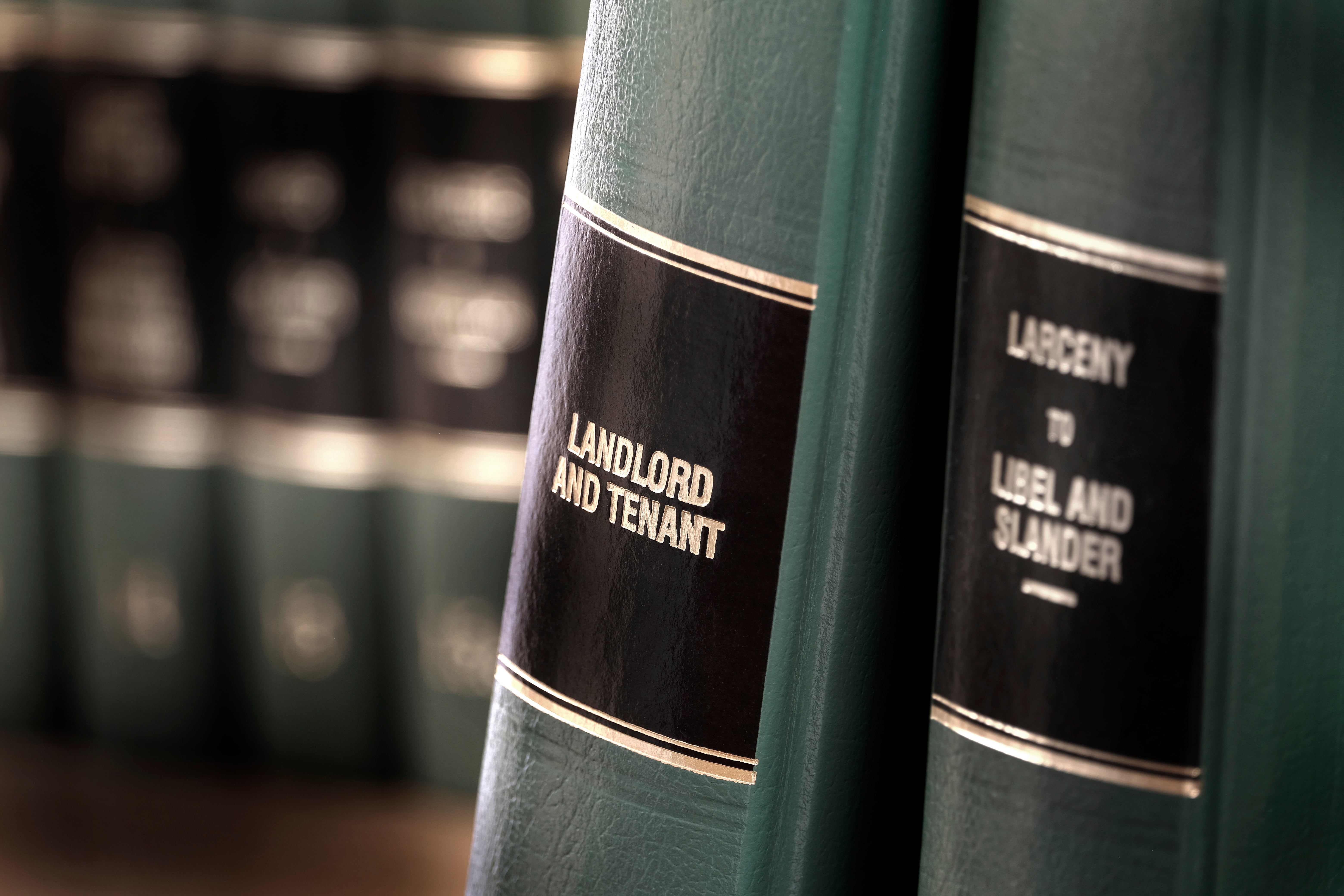
For complex security deposit issues, seek professional advice. A legal expert can provide tailored guidance. They help ensure compliance with all relevant laws.
Embrace technology for property management. Software offers detailed tracking of deposits and conditions. It provides an organized approach and supports decision-making.
Technology can also enhance tenant communication. Automate reminders and updates for tenants. This proactive communication reduces issues down the line and enhances tenant satisfaction.
Conclusion - Staying Compliant
Understanding how deductions for deposits work is pivotal for both property owners and real estate agents. Proper knowledge of what you can deduct from a security deposit simplifies rental real estate management and avoids disputes.
Clear communication about deposit expectations with tenants is critical. It sets the foundation for a smooth rental experience and minimizes issues.
By adhering to state-specific regulations, you protect your interests and those of your tenants. This legal compliance is the backbone of successful property management.
Regularly update your knowledge to stay ahead of new legal developments. Continuous learning helps maintain efficient and compliant operations. Engaging tenants with clear guidelines and using tools like property management software enhance both satisfaction and efficiency.
Employ these strategies to manage deposits effectively. They ensure compliance, fairness, and clarity in tenant relationships. This ultimately fosters positive tenant experiences and minimizes legal risks.
Hiring Professional Management Services
At Allegiant Management Group, we understand how important proper deposit handling is—for landlords, agents, and tenants alike.
Let us simplify the process for you.
- Transparent accounting
- Detailed documentation
- Compliance with Florida laws
- Peace of mind for owners and tenants
Contact us today or call 407-557-3164 to learn how we can help you manage your rental property the right way.
Common Security Deposit Deductions & Pricing Guide
Looking for a common deposit deductions and pricing guide? We've got you covered! Check out our reference guide.
Frequently Asked Questions (FAQs) - Common Deposit Deductions
How soon should I perform the move-out inspection after the tenant leaves?
In Florida, perform the move-out inspection within 24–48 hours after the tenant vacates. This allows time to assess damages, document evidence, and meet the 30-day legal deadline for returning or claiming the security deposit.
Is carpet replacement considered normal wear and tear?
Carpet replacement is not considered normal wear and tear if damage includes stains, burns, or excessive wear. Fading and minor matting from use are normal. Landlords can charge for replacement only if damage exceeds typical usage.
Can I charge for rekeying the property?
Yes, Florida landlords can charge tenants for rekeying if stated in the lease. If not specified, the cost typically falls on the landlord unless rekeying is due to tenant damage or lost keys.
Do I need to notify the tenant before making deductions?
Yes, Florida law requires landlords to notify tenants in writing within 30 days if any portion of the security deposit will be withheld. The notice must include the reason and be sent by certified mail.
What if the tenant disputes the deductions?
If the tenant disputes deductions, respond with documented evidence and attempt resolution. If unresolved, either party may file a claim in small claims court. Florida law favors landlords who provide clear, timely documentation.
How long should I keep records related to security deposits?
Keep all records related to security deposits for at least five years in Florida. This includes inspection reports, receipts, photos, and correspondence to protect against legal disputes or audits.
Should I use a move-in checklist?
Yes, use a move-in checklist to document the property’s condition at lease start. It creates a baseline for comparison at move-out, supports damage claims, and helps avoid disputes over security deposit deductions.
What happens if I don’t provide notice of deductions?
If you don’t provide notice of deductions within 30 days in Florida, you forfeit the right to withhold any part of the security deposit. The full amount must be returned to the tenant.
Disclaimer: This blog post is for information purposes only and should not be considered legal advice. For specific legal guidance, please consult with a licensed attorney or a professional property manager familiar with Florida landlord-tenant laws.


